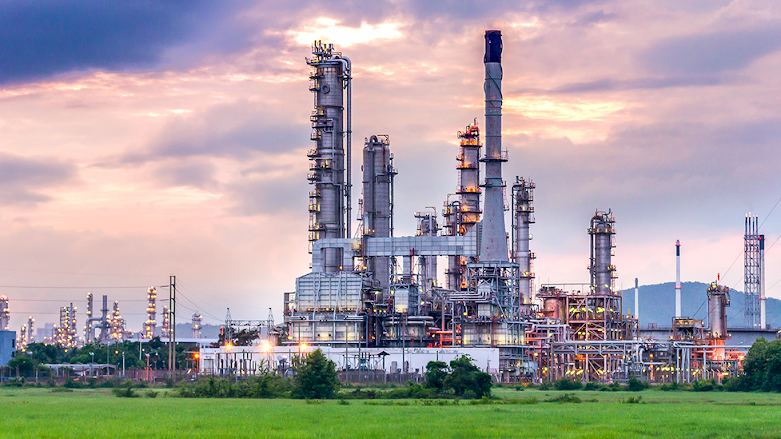Turning Waste Into High-Quality Secondary Raw Materials
With the exploding costs of raw materials, many industries seek to efficiently sort and recycle their waste, with a goal of repurposing and reusing any materials that can have a second life.
Types of waste converted
Here are few common types of wastes that industries turn into quality secondary raw materials:
1. Plastic recovery
The most common type of waste conversion in the industry is plastic. The use of plastic has increased by twenty-fold, and certain consumer products contain more than 50 different plastic resins. Recycling them poses a technical challenge. Although many companies offer plastic recycling techniques for plastic films, containers, bottles, technical industrial plastics, etc., even the most complex processes are needed to recycle food-grade plastics.
2. Biowaste recovery
Recovery of biowaste as compost is another example of converting waste. The compost of food waste, plant waste, card, paper, and leaves, biowaste is a type of biodegradable waste generated by many economic agents. These include the agricultural industry, beverage and food providers, retail and supermarket outlets, and inhabitants. The use of mechanical biological treatment (MBT) helps to separate the fermentable waste fractions. The matter obtained is then composted. It transforms the organic waste into the humus valuable to fertilize gardens and soil.
3. Glass recovery
The primary benefit of glass is that it is infinitely 100% recyclable without losing quality and it is directly reusable. The experts in glass recycling can deliver custom solutions for industrial firms. Glass recycling companies also use the only automated optical sorting technology in the world. It can sort four distinct colors of glass: amber, green, colorless, and russet. Other recycling channels are now expanding into sieving and crushing operations to produce glass powder for the use of many applications (roof tiles, tiles, materials, paints) or to create new materials (expanded glass balls or insulating glass foam, etc.).
4. Recovering pallets and wood
Wood waste is generated in all the activities of the wood industry, from forestry operations to the manufacturing of packaging materials like pallets. Wood without any chemical products can be used to burn in communal or private boiler plants. Non-reusable pallets are crushed to make chips usable in heating pellets or chipboard, while reusable pallets are repaired, cleaned, and returned to service.
5. Card and paper recycling
Cardboard and paper waste includes card packaging from major producers (industrial, pharmacies, retail firms), office packaging, and papers obtained through selective collection from business and household consumers. Many companies deliver their services across the whole value chain: marketing, material recovery, sorting, and collection. They also supply paper and cardboard makers which make multiple types of products: office, printing, paper pulp for newspapers, etc.
6. Non-ferrous and ferrous metals recycling
The demolition sector, production waste, and dismantling of the complex end-of-life products are the sources of non-ferrous and ferrous metals. After analyzing the components to detect stainless steel, aluminum, copper, etc., they are separated, fragmented, sheared, shredded, or compacted before being sent to steel plants, foundries, and refineries as secondary raw materials.
Benefits of turning waste into high-quality products
Recycling is the process of collecting materials that would otherwise end up in the dump and turning them into new products. Recycling comes in with many potential benefits to the community and the environment.
Some common benefits of recycling include:
1. Reduces the amount of waste sent to incinerators and landfills
2. Conserves natural resources like minerals, water, and timber
3. Increases economic security by tapping a domestic source of materials
4. Helps to prevent pollution by bringing down the need to collect new raw materials
5. Helps to save energy
6. Helps create jobs in the recycling and manufacturing industries
Recycling with CWE
CWE provides many services like airbag inflator recycling, oil recycling, wastewater treatment, and much more. At CWE, we believe in applying technological prowess, long-term expertise, and innovation to manage waste materials with the utmost safety. Walking through the ecological principles, we understand the power to save the environment and believe in turning waste into high-quality secondary materials to protect the environment.



Comments
Post a Comment